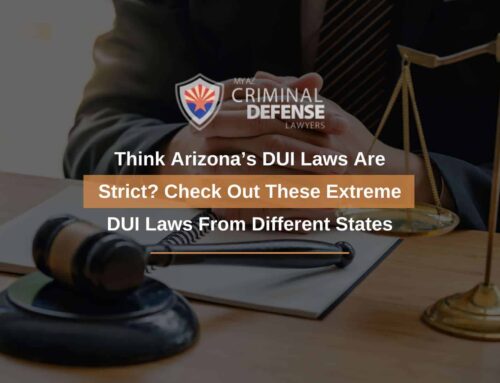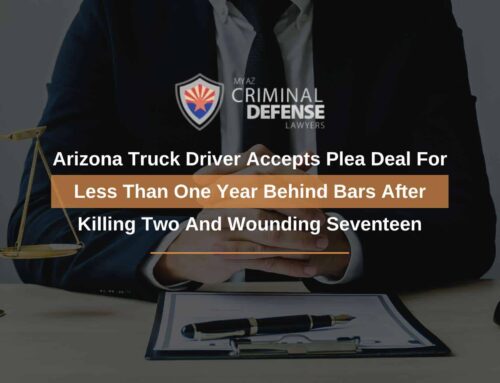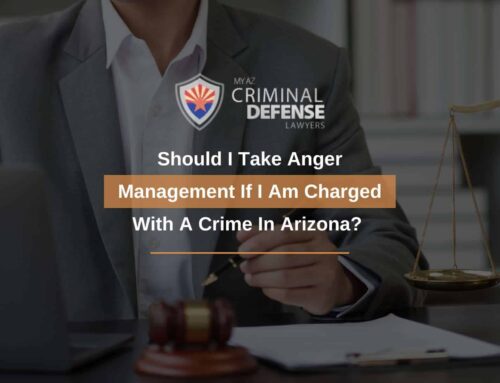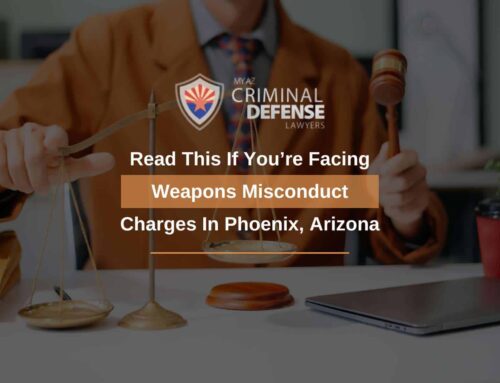Top Golfer’s Assault Charges Dropped After Championship Dispute
Assault is a serious crime that can cause a victim trauma and physical injury. Not allowing citizens to resolve issues through violence is a major part of civilized society. It’s hard to imagine that a multimillionaire spending a day on the golf course would have any reason to get so angry that they assault someone with a motor vehicle. Because of how serious of injuries a motor vehicle, including a golf cart, can cause, they can be considered a deadly weapon or dangerous instrument for the purposes of assault classification.
Scottie Scheffler, considered by many to be the world’s top golfer, was playing in the PGA Championship at Valhalla Golf Course in Louisville on May 17, 2024. Detective Bryan Gillis was directing traffic outside of the golf course due to a pedestrian death. Scheffler, who was operating a courtesy PGA vehicle, reportedly refused to comply with Gillis’ instructions. He accelerated forward and dragged Gillis to the ground. Gillis’ pants were damaged and he had to be taken to the hospital to treat his injuries. Surveillance footage of the incident got out, showing Gillis pursue Scheffler on foot. Gillis prevented him from entering the golf course and placed him in handcuffs. There is no footage of the first half of the incident, and Gillis was not wearing his body camera during the arrest. Gillis claimed in the police report that Scheffler was demanding to be let into the course, while Scheffler claims that he simply misunderstood the officer’s instructions. Scheffler was taken to jail after the incident but was released shortly. He made it back on the course and finished 8th in the tournament. At a hearing on May 29, 2024, which Scheffler was not required to attend, all of the charges against him were dropped.
Unfortunately, not everyone in the justice system will receive the same treatment as a champion professional golfer. Most defendants accused of aggravated assault of a police officer will have the book thrown at them rather than being released to finish a round of golf, charges dropped. If you’ve been arrested under circumstances like Scheffler, you could be facing several thousands of dollars in fines and several years in prison. To discuss your options with an experienced criminal defender in Arizona, call 480-833-8000 to schedule your free consultation with our firm.

Aggravated Assault in Arizona
Scheffler was originally charged with felony assault of a police officer with a vehicle and three less serious misdemeanors. When an assault is committed with a deadly instrument, like a firearm, knife, or in this instance, a motor vehicle, it is considered an aggravated assault in Arizona. The “aggravated” distinction indicates a more serious offense and will usually bump up misdemeanor charges to a felony. Aggravated assault is defined in Arizona by A.R.S. § 13-1204. The first factor for an aggravated assault is that the defendant committed assault as defined by A.R.S. § 13-1203.
Per A.R.S. § 13-1203, a person commits assault by: (1) intentionally, knowingly, or recklessly causing any physical injury to another person; (2) intentionally placing another person in reasonable apprehension of imminent physical injury; or (3) knowingly touching another person with the intent to injure, insult, or provoke that person. An intentional or knowing violation of the first factor is a class 1 misdemeanor. A reckless violation of the first factor or any violation of the second factor is a class 2 misdemeanor. A violation of the third factor is a class 3 misdemeanor.
There are 11 factors set forth by Section 13-1204 that increase an assault as described above to aggravated assault. They are:
- Causing serious physical injury to another person;
- Using a deadly weapon or a dangerous instrument;
- Causing temporary but substantial disfigurement or loss, impairment, or fracture of any body organ or part;
- Physically restraining the victim;
- Entering the private home of another with the intent to commit the assault;
- The victim is younger than 15 years old (if the defendant is at least 18 years old);
- Violating an order of protection;
- Knowing or having reason to know that the victim is a peace officer, constable, firefighter, teacher, health care worker, prosecutor, state or municipal park ranger, code enforcement officer, public defender, judicial officer, or an employee of a law enforcement agency engaged in the execution of official duties;
- Taking or attempting to exercise control over a peace officer’s firearm;
- Imprisonment or custody in jail or prison; and
- Using a simulated deadly weapon.
Penalties for Aggravated Assault
The factors vary from class 5 to class 2 felonies. Arizona’s felony sentencing guidelines are based in part on whether the defendant has previous felony convictions. Mitigating factors are factors that explain the defendant’s actions and can reduce sentencing. Aggravating factors are those that make the crime worse and can increase sentencing. The penalty guidelines for a first time felony offender are set forth by A.R.S. § 13-702. They are as follows:
| CLASS 2 | CLASS 3 | CLASS 4 | CLASS 5 | |
| MITIGATED | 3 years | 2 years | 1 year | .5 years |
| MINIMUM | 4 years | 2.5 years | 1.5 years | .75 years |
| PRESUMPTIVE | 5 years | 3.5 years | 2.5 years | 1 year |
| MAXIMUM | 10 years | 7 years | 3 years | 1.5 years |
| AGGRAVATED | 12.5 years | 8.75 years | 3.75 years | 2 years |
The sentencing guidelines for repetitive felony offenders are set forth by A.R.S. § 13-703. The defendant is considered a category two repetitive offender if they have one historical prior felony conviction. The sentencing guidelines for a category two repetitive felony offender increase as follows:
| CLASS 2 | CLASS 3 | CLASS 4 | CLASS 5 | |
| MITIGATED | 4.5 years | 3.25 years | 2.25 years | 1 year |
| MINIMUM | 6 years | 4.5 years | 3 years | 1.5 years |
| PRESUMPTIVE | 9.25 years | 6.5 years | 4.5 years | 2.25 years |
| MAXIMUM | 18.5 years | 13 years | 6 years | 3 years |
| AGGRAVATED | 23 years | 16.25 years | 7.5 years | 3.75 years |
When a defendant has two or more historical prior felony convictions, they are considered a category three repetitive offender. The guidelines for a category three repetitive felony offender are as follows:
| CLASS 2 | CLASS 3 | CLASS 4 | CLASS 5 | |
| MITIGATED | 10.5 years | 7.5 years | 6 years | 3 years |
| MINIMUM | 14 years | 10 years | 8 years | 4 years |
| PRESUMPTIVE | 15.75 years | 11.25 years | 10 years | 5 years |
| MAXIMUM | 28 years | 20 years | 12 years | 6 years |
| AGGRAVATED | 35 years | 25 years | 15 years | 7.5 years |
Arrested for Assault, Aggravated Assault, or a Related Offense in Phoenix, Arizona? Put Our Experienced Criminal Defense Team to Work for You.
Being convicted of a felony is a life-changing event. After paying both financial and societal debts, a convicted felon can still face difficulties in life due to their criminal record. A skilled criminal defense attorney can review the facts of your case to determine the best way to fight the charges against you. Our dedicated team can make you feel more confident about your decisions throughout the process so you can maintain control of your daily life while going through a criminal prosecution in Phoenix, Arizona. We will fight tirelessly to protect your freedom, which is at stake if you have been accused of assault. To get started with your free consultation by phone, contact us or call 480-833-8000 to speak with a member of My AZ Criminal Defense Lawyers today.

My AZ Criminal Defense Lawyer
Mesa Location:
1731 West Baseline Rd., Suite #100
Mesa, AZ 85202
Office: (480) 448-9800
Glendale Location:
20325 N 51st Avenue Suite #134, Building 5
Glendale, AZ 85308
Office: (602) 509-0955
Tucson Location:
2 East Congress St., Suite #900-6A
Tucson, AZ 85701
Office: (520) 441-1450
Avondale Location:
12725 W. Indian School Rd., Ste E, #101
Avondale, AZ 85392
Office: (623) 499-4222







